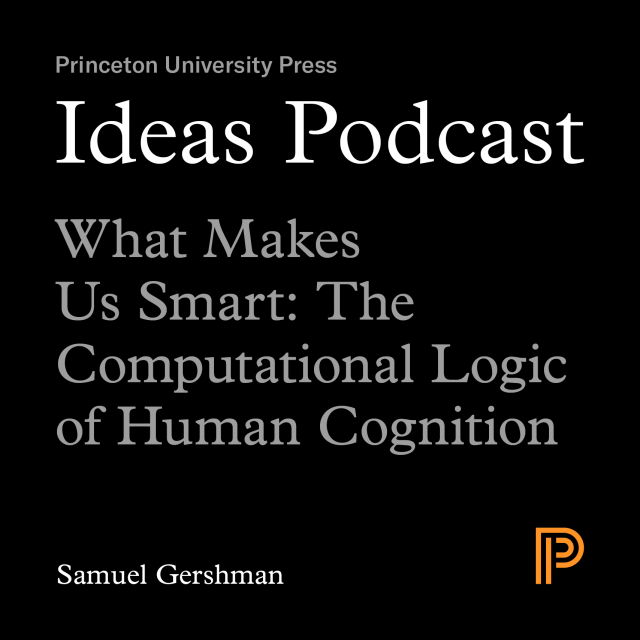At the heart of human intelligence rests a fundamental puzzle: How are we incredibly smart and stupid at the same time? No existing machine can match the power and flexibility of human perception, language, and reasoning. Yet, we routinely commit errors that reveal the failures of our thought processes. What Makes Us Smart makes sense of this paradox by arguing that our cognitive errors are not haphazard. Rather, they are the inevitable consequences of a brain optimized for efficient inference and decision making within the constraints of time, energy, and memory—in other words, data and resource limitations. Framing human intelligence in terms of these constraints, Samuel Gershman shows how a deeper computational logic underpins the “stupid” errors of human cognition.
About the Author
Samuel Gershman is professor of psychology at Harvard University and the director of the Computational Cognitive Neuroscience Laboratory. Twitter @gershbrain

